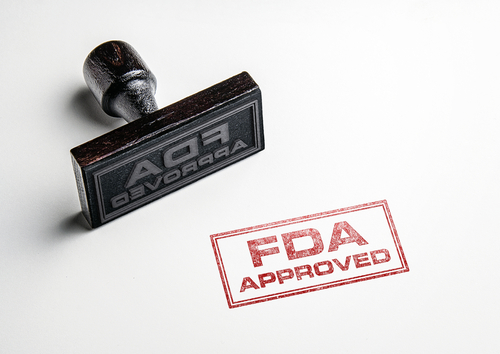Endobronchial Valve System Now Approved in US for Treatment of Severe Emphysema
Written by |

The U.S. Food and Drug Administration has approved Olympus‘ Spiration Valve System (SVS) as a minimally invasive treatment for severe emphysema, a progressive form of chronic obstructive pulmonary disease (COPD).
The approval is based on positive results from the EMPROVE clinical trial (NCT01812447), which showed meaningful improvements in lung function and quality of life in emphysema patients treated with SVS.
In emphysema, the walls of the alveoli (the small sacs where gas exchanges occur in the lungs) break down, resulting in a loss of the natural recoil of the lungs. With each inhaled breath, air gets trapped in the diseased portions of the lungs, leading to hyperinflation. In hyperinflated lungs, trapped air compresses healthier lung tissue and flattens the diaphragm, making it difficult to breathe.
Minimally invasive endobronchial valves are now recommended for the treatment of severe emphysema over more invasive options, such as lung volume reduction surgery.
The risk-benefit assessment of the SVS procedure was favorable, with a short procedure time. This is believed to reduce the risk of adverse events such as COPD exacerbations, air leak (pneumothorax), pneumonia, and death.
The SVS consists of many small, umbrella-like devices, placed in the airways to block airflow to the diseased portions of the lungs, redirecting air to healthier lung tissues. The valves expand and contract with breathing, obstructing the targeted lung areas, but permitting trapped air and fluids to escape from the diseased portions. This reduces hyperinflation, allowing healthier lung tissue to expand and making it easier to breathe.
SVS valves are inserted through a flexible bronchoscope in a procedure that is considered minimally invasive. The doctor will first use calibrated balloons to measure the diseased airways and select valves of the right size.
“In the patients I treated [with SVS] in the EMPROVE trial, the most important outcome was a marked reduction in shortness of breath, or dyspnea,” Gerard Criner, MD, founding chair of the department of thoracic medicine and surgery at the Lewis Katz School of Medicine at Temple University, said in a press release.
“This resulted in improved quality of life and patient satisfaction. Dyspnea is the most common symptom in patients with advanced emphysema and severe hyperinflation and is the most refractory to medical treatment,” Criner added.
SVS also received FDA designation as a breakthrough medical device, and was granted priority review status, based on its potential to treat emphysema, a debilitating disease, and its benefits over existing legally marketed alternatives. It is now approved for use in the U.S., EU, Australia, and New Zealand.
According to the manufacturer, patients most likely to benefit from SVS have heterogenous emphysema, which affects localized portions of the lungs.




